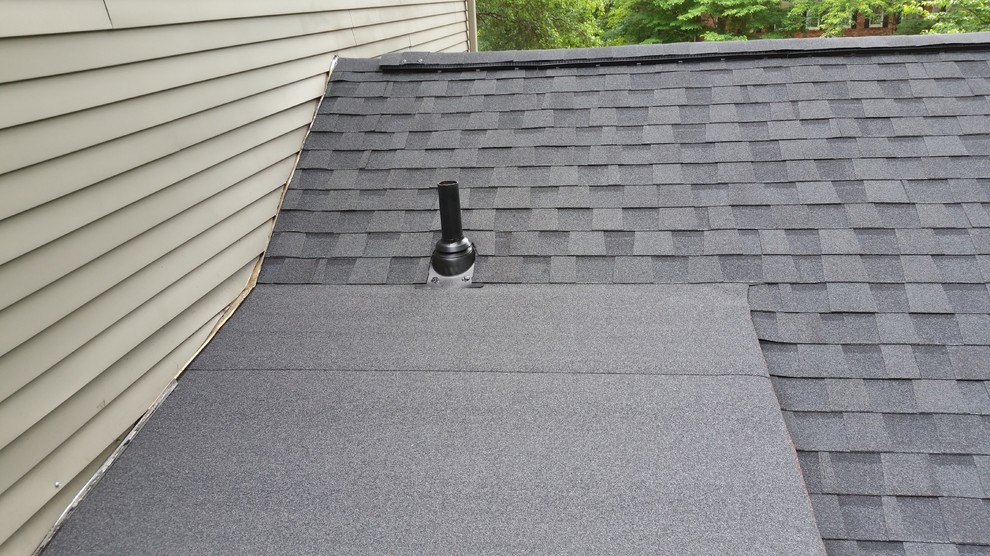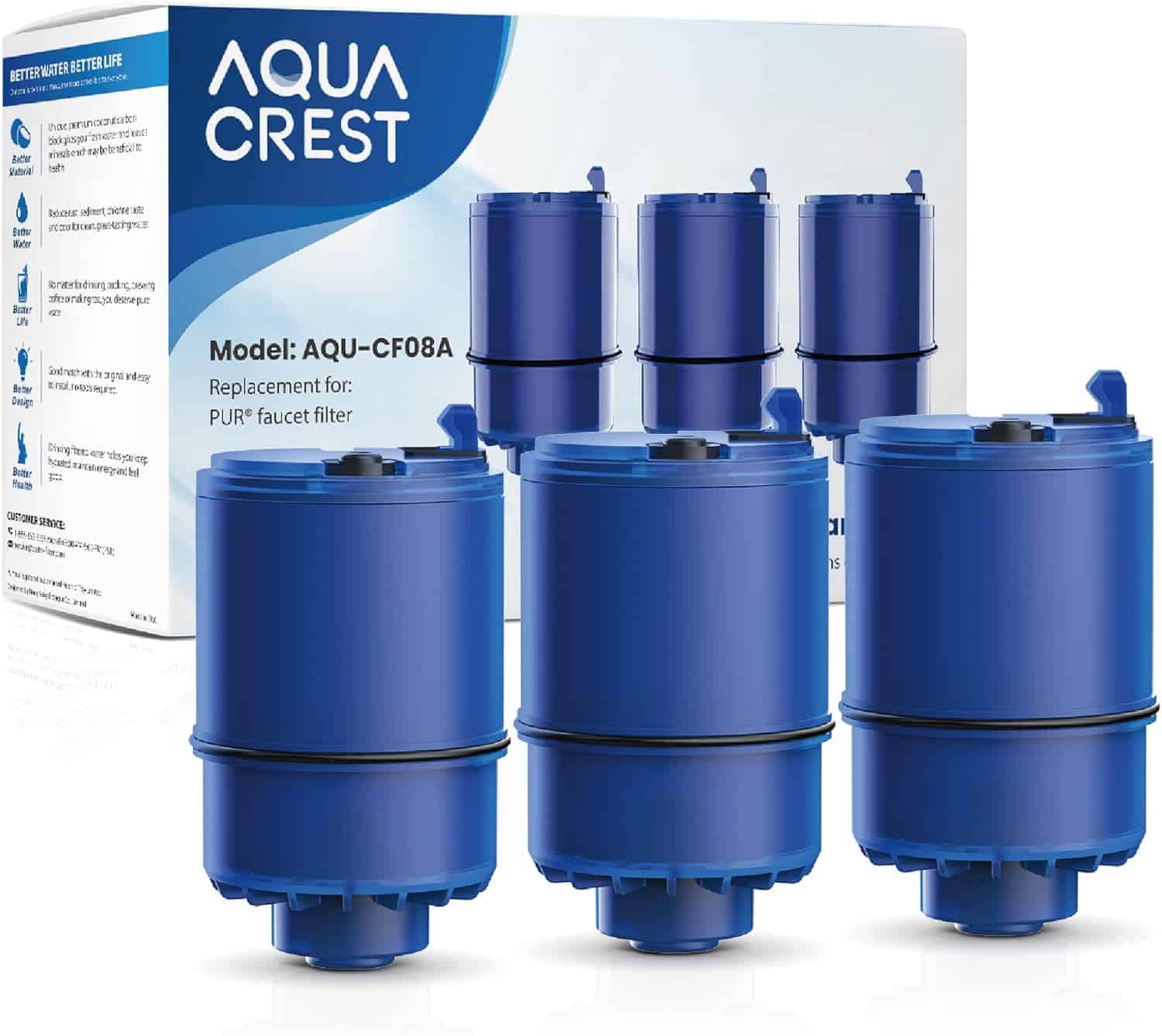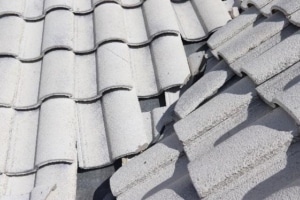Modified Bitumen Roofs: Florida Life Expectancy
Modified bitumen roofing has become a popular choice for commercial and residential properties in Florida. Its unique composition and benefits make it a reliable option to withstand the harsh climate conditions that Florida presents. In this post, we’ll discuss the life expectancy of modified bitumen roofs in Florida and the factors that affect it.
Modified bitumen roofing is an asphalt-based material that is reinforced with a fiberglass or polyester mat. It is designed to be more durable than traditional asphalt roofing and is available in a variety of colors and textures. This type of roofing system is particularly popular in commercial and industrial applications due to its strength and durability.
Factors That Affect Modified Bitumen Roof Life Expectancy in Florida

Life Expectancy of Modified Bitumen Roofs in Florida
The life expectancy of modified bitumen roofs in Florida varies depending on several factors. The average lifespan of a properly installed and maintained modified bitumen roof in Florida is between 15 and 20 years. Several factors can affect the lifespan, such as weather conditions, installation quality, maintenance, and repairs.
Benefits of Modified Bitumen Roofs in Florida
Modified bitumen roofing has advantages and disadvantages, which should be considered when deciding whether to install this type of roofing system. Here are some pros and cons of modified bitumen roofing:
Pros:
- Durability: Modified bitumen roofs are known for their strength and durability. They resist punctures, tears, and impact damage, making them an excellent option for areas with high foot traffic or inclement weather.
- Energy efficiency: Modified bitumen roofs are designed to reflect the sun’s heat, reducing energy costs for cooling your home or building. This makes it an ideal choice for hot climates like Florida.
- Easy installation: Modified bitumen roofing is relatively easy to install and can be applied over an existing roof, saving time and money on roof replacement.
- Low maintenance: Modified bitumen roofing is low maintenance and requires only periodic inspections and simple repairs.
Cons:
- Installation complexity: While modified bitumen roofing is easier to install than other roofing systems, it still requires professional installation to ensure that the job is done correctly. Improper installation can lead to leaks and other problems down the line.
- Cost: Modified bitumen roofing is more expensive than traditional asphalt shingles, which can be a significant factor when deciding on a roofing system.
- Limited color options: Modified bitumen roofs come in a limited range of colors, which may not suit everyone’s aesthetic preferences.
- Environmental impact: Modified bitumen roofing is not as environmentally friendly as other roofing systems, as it contains petroleum-based materials and is not easily recyclable.
Weigh the pros and cons to determine if it is the best option for your specific needs and budget. Generally, the cost per square foot for installing a modified bitumen roof in Florida ranges between $3 and $8.
Choosing the Right Contractor for Your Modified Bitumen Roof in Florida
Choosing the right contractor is crucial for the proper installation and maintenance of your modified bitumen roof in Florida. Look for a qualified contractor with experience in installing modified bitumen roofing in Florida.
- Look for Experience: Choose a contractor with experience in the type of roofing system you need. Ask the contractor for references, and make sure to follow up with them to ensure they are satisfied with the contractor’s work.
- Check License and Insurance: Ensure that the contractor is licensed and insured. This will protect you in case of any accidents or damages that may occur during the roofing project.
- Get Multiple Estimates: It’s important to get multiple estimates from different contractors to compare pricing and services. Make sure to get a detailed estimate that includes materials, labor costs, and a timeline for the project.
- Ask About Warranties: Make sure to ask about warranties for both materials and labor. A reputable contractor will stand behind their work and offer a warranty on their services.
- Check Reviews and Ratings: Check online reviews and ratings from previous customers. This can provide valuable insights into the contractor’s professionalism, quality of work, and customer service.
- Look for Communication Skills: A good roofing contractor should be responsive and able to communicate clearly with you throughout the project. They should be willing to answer any questions you have and keep you updated on the progress of the project.
- Avoid Storm Chasers: Be cautious of contractors who show up uninvited after a storm or natural disaster. These contractors may not be local, and their work may not be up to the same standards as a reputable local contractor.
Which is better TPO or modified bitumen?
- Durability: Both TPO and modified bitumen roofs are known for their durability. TPO roofs can last up to 20 years, while modified bitumen roofs can last up to 30 years. However, the lifespan of both materials can be affected by factors such as maintenance, installation quality, and weather conditions.
- Energy Efficiency: TPO roofs are more energy-efficient than modified bitumen roofs. They reflect the sun’s heat, reducing cooling costs for homes and buildings. Modified bitumen roofs are not as energy-efficient but are still more efficient than traditional asphalt shingle roofs.
- Cost: Modified bitumen roofs are generally more expensive than TPO roofs. However, modified bitumen roofs can provide a better return on investment over the long term due to their longer lifespan.
- Installation: TPO roofs are easier to install than modified bitumen roofs, making them a more popular choice for commercial and industrial applications. Modified bitumen roofs require specialized installation and may take longer to install.
- Environmental Impact: TPO roofs are considered more environmentally friendly than modified bitumen roofs, as they are made from recycled materials and are easily recyclable. Modified bitumen roofs, on the other hand, contain petroleum-based materials and are not easily recyclable.
Summary
Modified bitumen roofing is a reliable option for commercial and residential properties in Florida. While the life expectancy of modified bitumen roofs in Florida can vary, proper installation and maintenance can help maximize its lifespan. Choosing a qualified contractor is crucial for ensuring your modified bitumen roof performs well and lasts for years to come.
I hope this has been helpful. If you have additional questions and want to get in contact with GGR Home Inspections, please send us a note, text, or call.






Pingback: Roof Lifespan: How Often Should You Replace Your Roof - GGR Home Inspections